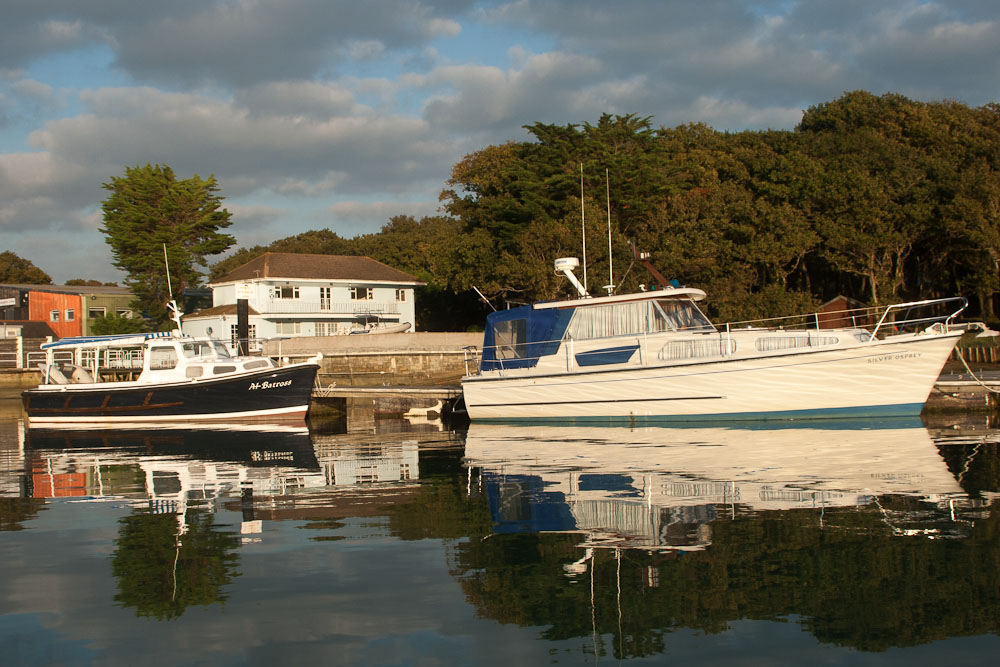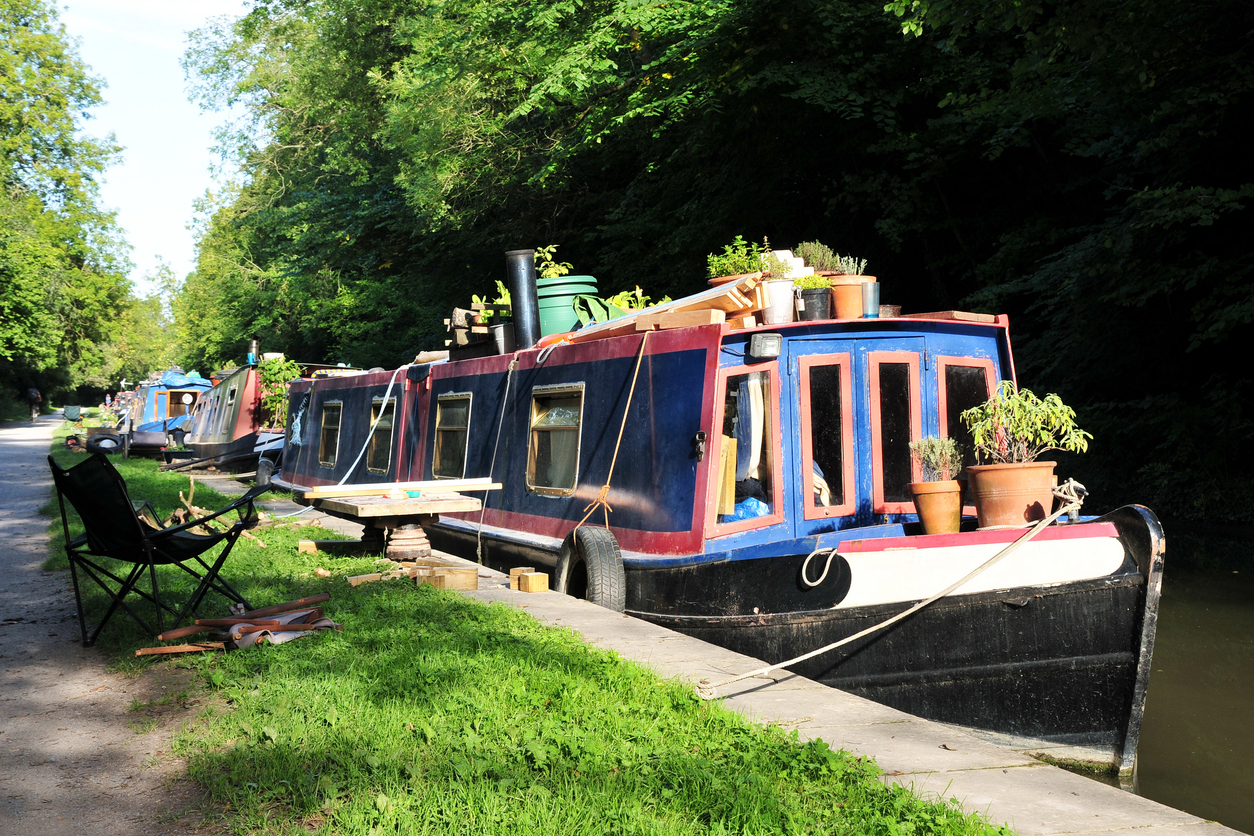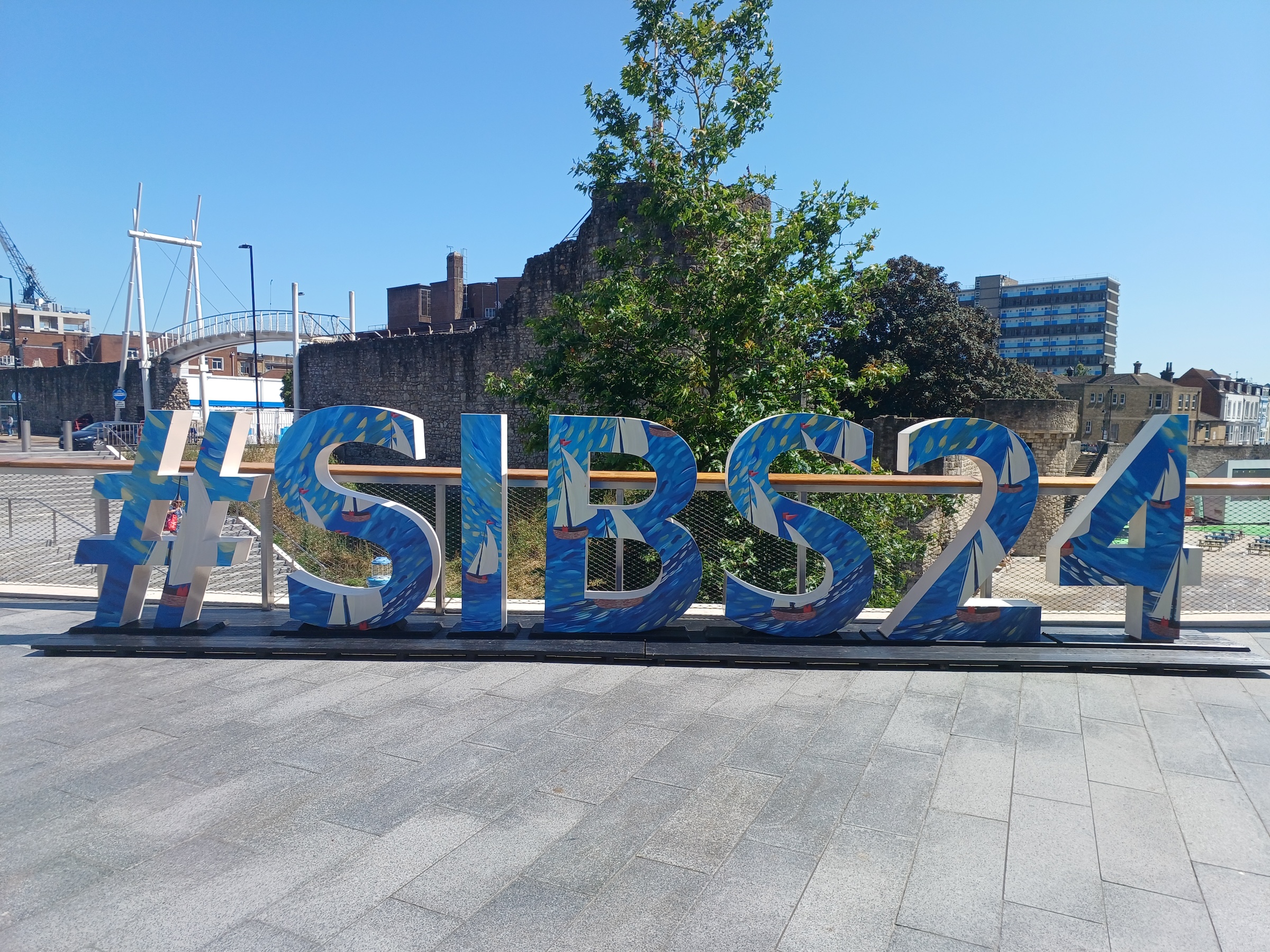Owning a boat opens up a world of possibilities with a range of new activities and destinations for you, your family and friends to enjoy. But the decision to buy your first boat will inevitably throw up a long list of questions.
Even if you’ve had a particular type of boat in mind for years, it’s worth spending time considering the way you will realistically use her. Who will you go out with, will your use be seasonal or all year round and do you want to make short day trips or longer voyages?
How much maintenance are you prepared to do? And, perhaps most importantly, what can you afford to spend? If you give these questions due consideration it will help you refine your choice to the boat which best suits your needs, rather than allowing your decision to be ruled by your heart.
What’s your budget?
This is obviously the first parameter to set, and never quite as large as we would like. But whatever you’re prepared to spend, remember to set aside extra for additional equipment such as lifejackets and electronics as well as any refurbishments that may be required. Then, on top of this, the general rule of thumb is to expect to pay about 10-15% of the purchase price on maintaining and keeping the boat each year, excluding fuel.
One of the greatest costs is likely to be where you choose to keep her. Marinas offer the greatest convenience, with walk ashore access to allow you to get onto your boat and out on the water quickly, together with 24-hour security. However, this is also the most expensive option and can reach up to £10,000pa for a 40ft yacht at the most prestigious Solent marinas.
Moorings are a cheaper option, costing £435 for a 25ft boat on the Lymington River, also in The Solent, although this option is only open to local residents and the waiting lists are long. If you do manage to secure a cost-effective place to keep your boat, you will still need to cost in haul out and storage charges each winter, unless your boat is small enough to bring home.
Although it’s possible to leave a boat on a mooring year-round, it’s better for the hull to have time out of the water to reduce the risk of osmosis. Bringing your boat ashore will also help protect her from damage during winter storms.
If you’re prepared to put up with the hassle of launching your boat each time you use it, a trailer sailor is a great option to keep costs low. RIBs and small fishing boats can also be used in this way and brought out of the water after use. Another advantage is you can tow your boat wherever you want, including across the channel by ferry, enabling you to explore a wide range of destinations.
How big to go?
The larger the boat you buy the higher the costs will be when it comes to where to keep her, mooring when visiting other harbours, insurance, lifting in and out, storage, antifoul and many other maintenance issues. However, if you’re too cautious and go for too small a boat you may find yourself quickly outgrowing her and having to go through the hassle and cost of replacing it more quickly than you had planned.
Sail, power, cruiser or day boat?
If you don’t have a specific use, such as fishing or waterskiing, in mind for your boat, you may be struggling to work out which of the many forms of boat will suit you best.
Many boaters are torn between choosing sail or power and would ideally have one of each. As most sailing boats also have some form of engine, they are the more flexible option. But these engines don’t tend to be that powerful or capable of much speed and those boats that do have powerful propulsion tend to suffer in terms of sailing ability.
So, think about how you see yourself using a boat? Do you want to blast across the waves to be able to reach a wide range of destinations quickly and explore pretty harbours and local restaurants, or is the purpose of your purchase to enjoy spending time out on the water itself? On your ideal day out do you envision yourself at the wheel as your boat gently heels, the wind filling her sails as you make your way to a secluded anchorage? Or perhaps you’re after something a bit racier to take round the cans with a crew of mates?
Families with children may love the ease of a fast day boat or RIB that can get from A to B quickly and tow a variety of inflatable bananas, ringos and waterskis. But this sort of boat doesn’t offer much space to relax and unwind when you get to a destination. If you see yourself settling down with a cup of tea, or a gin or two in a peaceful anchorage, a cruiser with a galley and accommodation would be more suitable.
And don’t forget the cost of fuel, a medium-sized RIB can quickly burn through £50 worth of fuel on a day out, while sails will get you there for free – as long as the tide and wind are right!
Experience and qualifications
There’s no legal requirement to hold a licence or qualification to buy or helm a boat for non-commercial leisure purposes in the UK, although there are plenty of reasons why it’s a good idea to undertake some training.
The Royal Yachting Association’s Power Boat 2 certificate, is the standard qualification for driving small motor boats and can be easily gained on a two-day course, while RYA Day Skipper courses for motor boats are an even better bet to ensure you don’t miscalculate the tides and run aground and are able to manoeuvre into tight berths in difficult conditions. For sailors, the RYA Day Skipper Theory and Practical courses also provide a thorough grounding in all the skills you will need to navigate and sail your yacht.
Day Skipper is the level of qualification usually required to charter any cruising boat and this can be taken to the next level with RYA Yachtmaster Theory and Practical exams. Without experience or any qualifications, you may find it difficult to secure insurance for your boat. Find the right course and training centre here.


